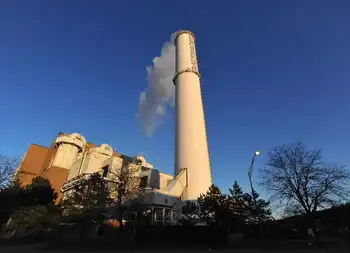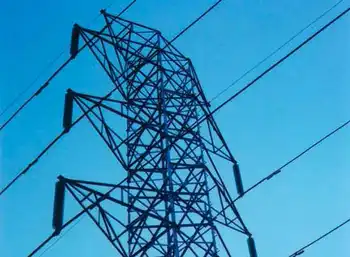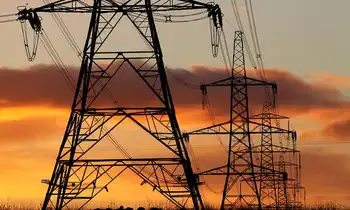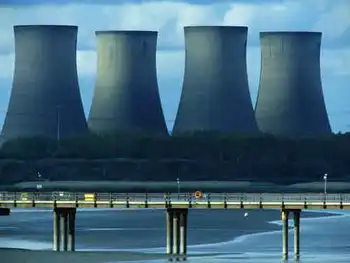Isotope supplier disputes OttawaÂ’s version of events
The CBC said officials of MDS Nordion told a hearing in Ottawa that they were blunt when they met with officials from the Department of Natural Resources on Nov. 22.
"We were very clear. This was a crisis situation. We had a global supply issue that was going to impact nuclear medicine and physicians around the world," said Grant Malkoske, vice-president of Strategic Technologies at MDS.
The company reprocesses isotopes produced by Atomic Energy of Canada Ltd. in Chalk River, Ont., and sells them to pharmaceutical companies around the world.
Chalk River, which was shut down for safety reasons Nov. 18, provides two-thirds of the world's medical isotopes, used for medical imaging and diagnostic scans for fractures, cancer and heart conditions.
Natural Resources Minister Gary Lunn had said he didn't know of the looming crisis until Dec. 3, when the media reported it. Health Minister Tony Clement has said he was unaware until Dec. 5.
The reactor's closure caused a critical shortage of isotopes, which can't be stockpiled because of their short shelf life.
The shortage forced the government to bring in special legislation to restart the nuclear reactor, which led to the firing of the head of Canada's nuclear regulator, Linda Keen.
Related News
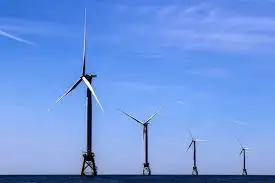
New York State to investigate sites for offshore wind projects
NEW YORK - The New York State Energy Research and Development Authority (NYSERDA) is investing up to $5.5 million for the collection of geophysical and geotechnical data to determine future offshore wind development sites.
The funding is to look at seabed soil and geological data for the preliminary design and installation requirements for future offshore wind projects. Its part of N.Y. Gov. Andrew Cuomos plan to develop 9,000 megawatts of offshore wind energy by 2035.
Todays announcement is another step in Governor Cuomos steadfast march to achieving 9,000 megawatts of offshore wind by 2035, putting New York in a clear national leadership…


